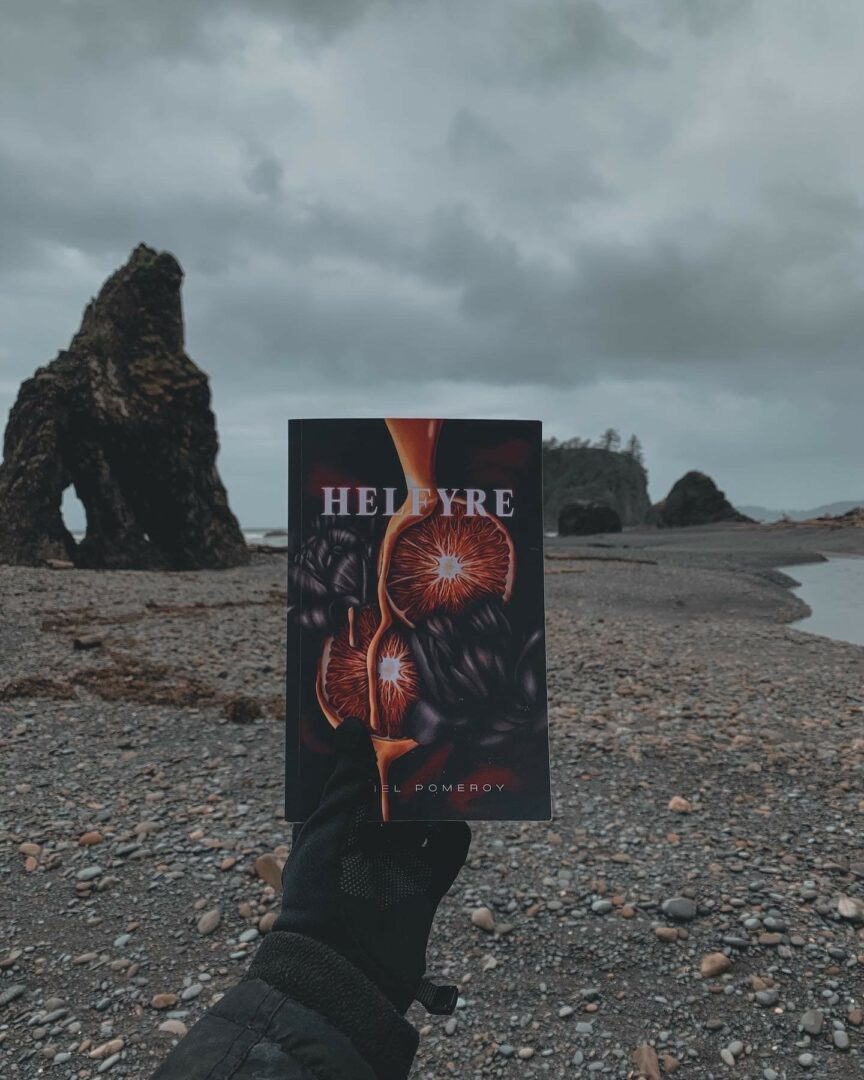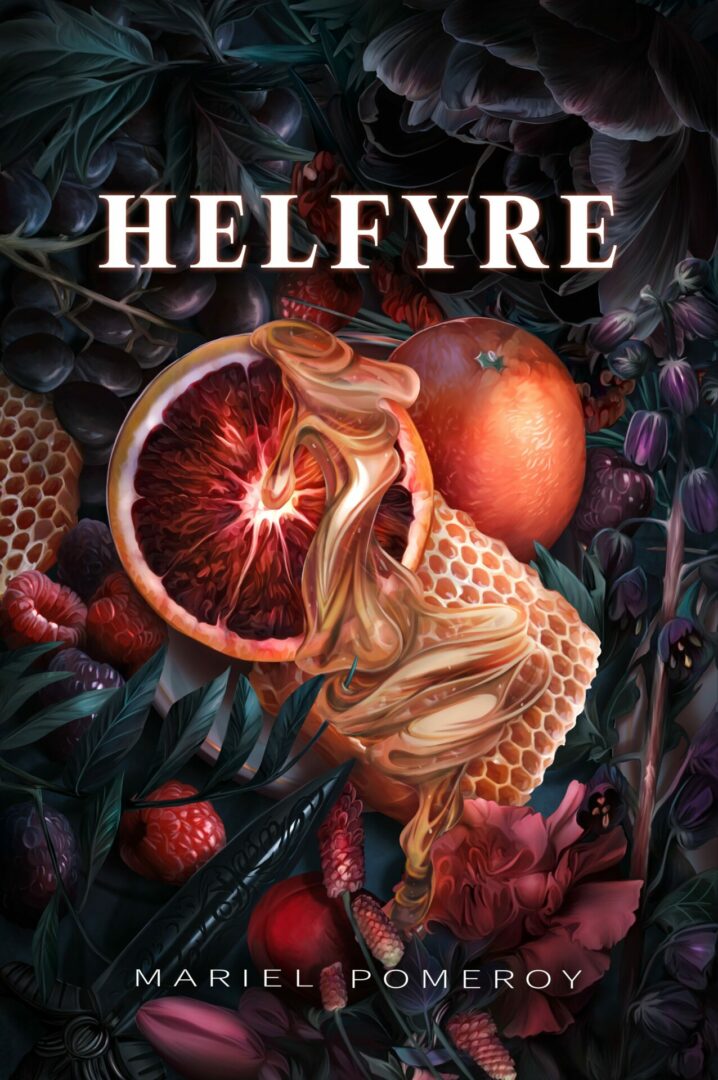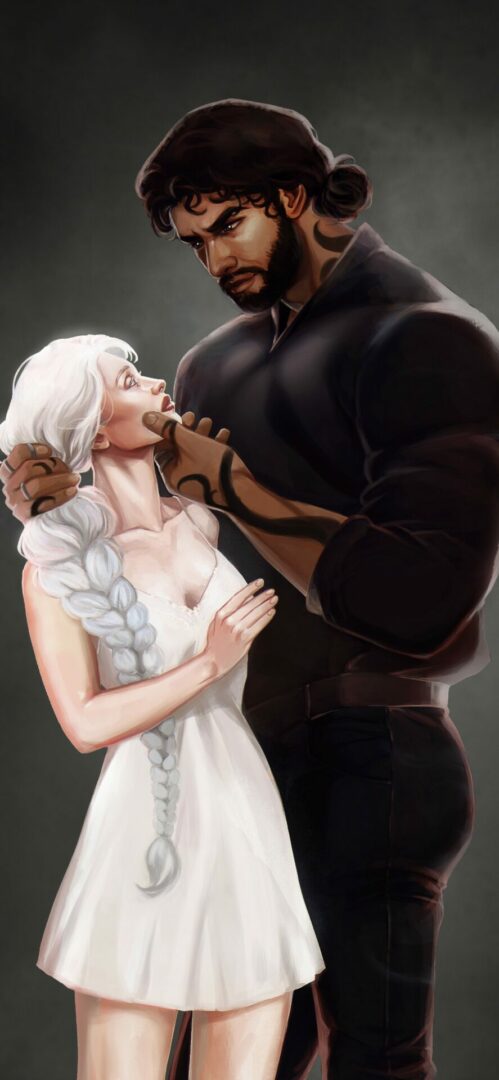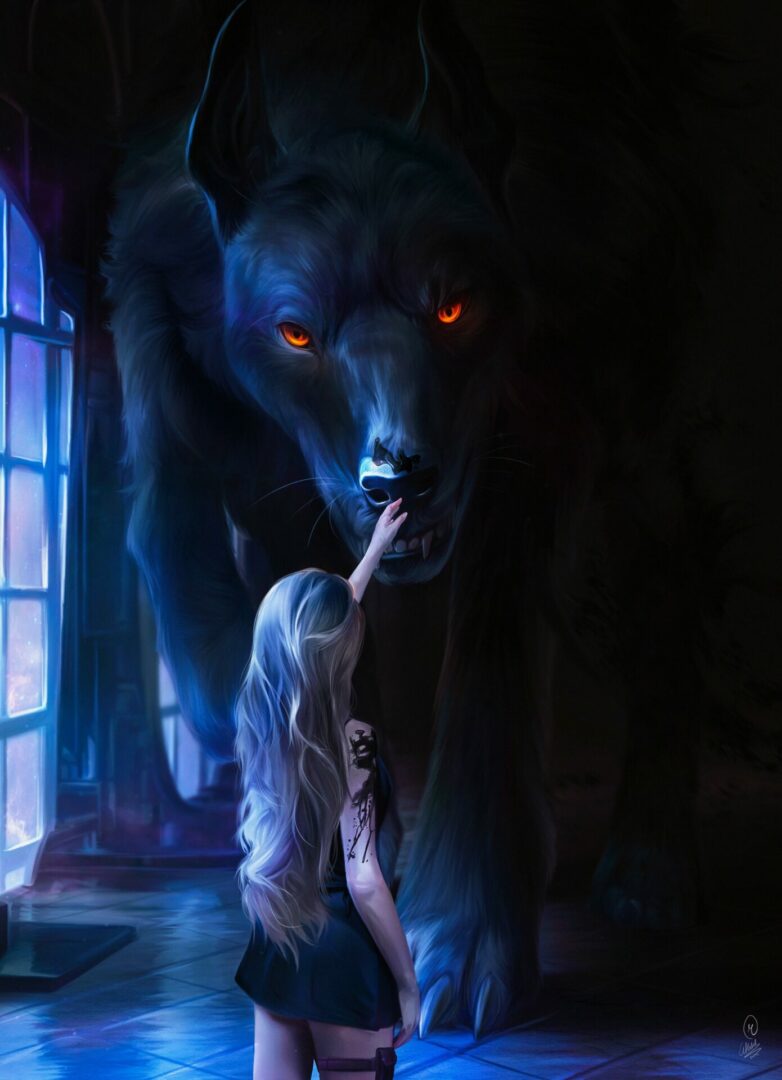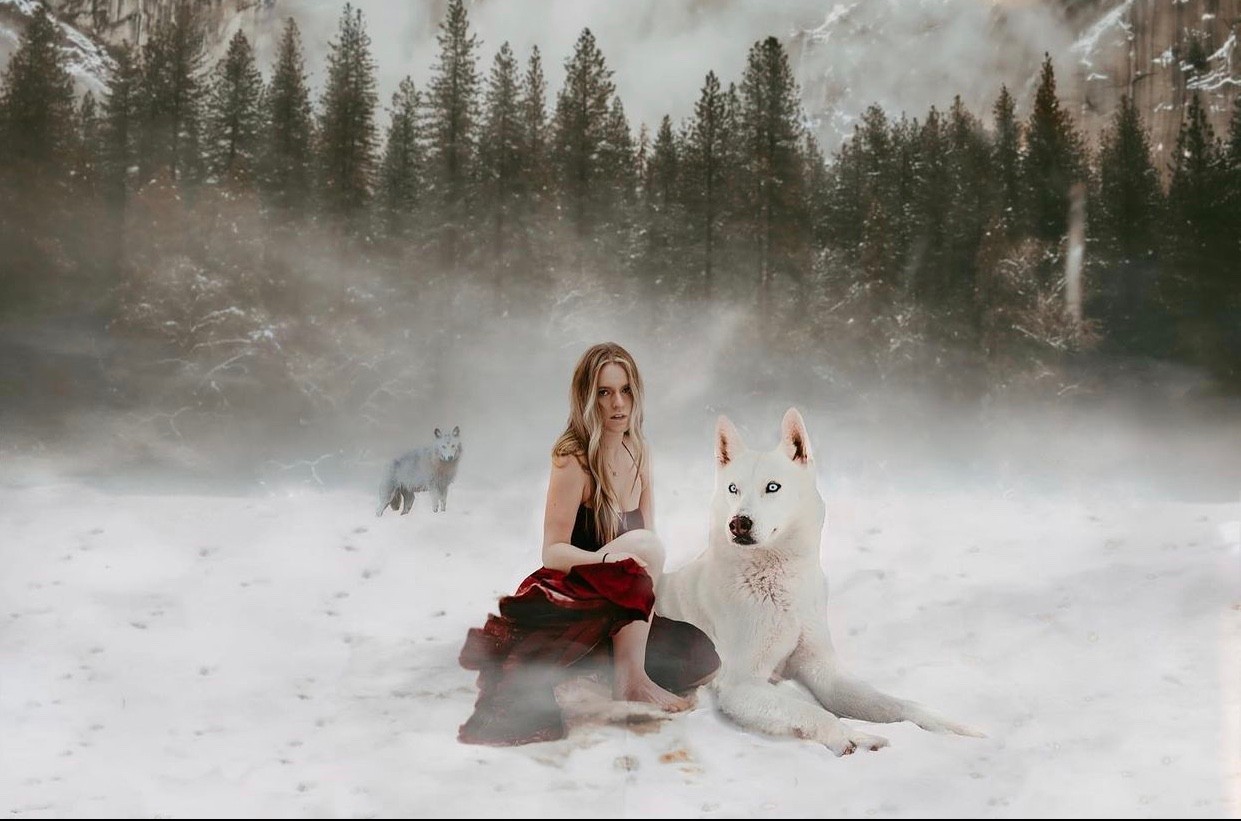We recently connected with Mariel Pomeroy and have shared our conversation below.
Mariel, so great to be with you and I think a lot of folks are going to benefit from hearing your story and lessons and wisdom. Imposter Syndrome is something that we know how words to describe, but it’s something that has held people back forever and so we’re really interested to hear about your story and how you overcame imposter syndrome.
I don’t know if Imposter syndrome is something you ever completely overcome. A lucky select few might, but i know that my readers could be screaming my praises from the rooftops, and i would still question if what I’m doing is right, or good.
I’ve recently stopped fighting her- my imposter syndrome. I’ve named her too, she goes by Patricia. And Patricia is like the overbearing mother I don’t need in my life. She whispers in my ear during the most inopportune of moments, and she makes me ferally angry. Because most of the time it feels a lot like she wants me to fail.
But towards the end of 2022 I started thinking about her differently and i encourage you to consider this too. Because fighting your own imposter syndrome can be a war, when you’re already overwhelmed with hundreds of other battles you’re facing in your daily life.
What if, your Imposter Syndrome is your brain trying to protect your heart. What if, it’s doing it’s best to keep you safe.
Maybe it’s doing the best it can, just like we are. Maybe Patricia is coming at me with such a force, such fire, because she is deathly afraid we’ll get hurt. And just maybe, we can get along if i invite her on the right side of my protective walls, instead of shoving her off my back.
I’ve started making myself aware of Patricia’s presence whenever i can manage it- and i try to love her and let her go– to thank that part of me for being my twisted little guardian angel.
2023 is the year where i stop fighting myself, and that means assimilating all of the quirks in my brain.
Let’s take a small detour – maybe you can share a bit about yourself before we dive back into some of the other questions we had for you?
I’ve always wanted to be a writer– even though, i didn’t realize it until very recently. To some that sentence won’t make sense– but to others nothing will ever make sense more. It felt intrinsic, the choice and once i finally sat down and started to play with words, i wondered how i hadn’t considered doing it before.
I dabbled in photography, in painting, and while all of the art forms i tried out were different, there was a theme running through them like an current: Escape.
The process of writing a book is daunting. It’s a journey that few venture on and even fewer complete. It takes honesty and connectivity not only with your readers but above else with yourself.
You have to put yourself into situations, and write about vocations you may know nothing about. You stack your google search history with a gold trove for that FBI agent that is watching you and make yourself look like a serial killer when you try to figure out exactly how much hemlock it would take to kill the average human.
A lot is researchable. But some things have to come from you. Those are the scenes that can feel the most daunting, the ones you’ve been avoiding because you’re not sure you know how to write them. And you may not. But more often than not- one of your demons will. Your demons know more than you. It’s what I’ve found to be true. It’s a part of yourself that you shove into the dark for a variety of reasons and usually, the reason is connected to pain in one way or another. Demons hurt but for me, they hurt worse when they’re left unacknowledged. I’ve learned to lock my arms with them and walk the line because it’s pain I didn’t deserve to experience in the past, but I can now use it to strengthen the depth of my characters and their experiences. However dark they’ve seemed in the past, your demons may help you fuel your words, and they will help you tap into the burning emotions.
Writing became a therapy i didn’t know i needed. It forced me to deal with unresolved trauma, with questions that lived in me without answers. It became understanding myself, and it became hopefully being able to put those intangible emotions and thoughts into words so that if someone was struggling with the same things as me, they could find answers themselves.
If you had to pick three qualities that are most important to develop, which three would you say matter most?
I should preface this with– this advice is wholly applicable to me, and i don’t expect everyone to agree with it. With that being said, here are the things i would tell myself if i could go back to the beginning of this story:
1. Roll the hips
2. Love it and let it go
3. Every story has been told in one way or another– but it hasn’t been told by you.
1. Writing is a wholly personal experience, and while you can research different techniques and what practices have worked for others, what works for you is an expedition into discovery. I’d tell anyone trying to break into this journey to listen intently. Because more often than not, your mind already knows what process works for you, you just have to find it. It’s like excavation, like sculpting– it’s unearthing the structure within with each scrape until you have a beautiful, marble statue. The things that work for you won’t fight you, the things that don’t will make it impossible to move forward. And i’m not talking about simple writers block, that is a hurdle that will stumble anyone in their journey at some point. But i’m talking about a wall so high you can’t scale it.
You’ll know when it’s right, and you’ll know when it’s wrong. Roll the hips, because if you fight the waves, your kayak will tip over.
2. Sometimes we pour so much of us into our writing, it becomes difficult to figure out if we were writing for our characters, or if we wrote the scene for ourselves.
It sounds contradictory- because as writers we draw on our own past, experiences, traumas to write our character’s story– but i’ve found every now and then, i let it consume me rather than help me.
I didn’t know what that looked like until recently either. It’s when I venture too close, and their thoughts, actions, and dialogue are more like mine than they are theirs. It’s when I’ve effectively made it about myself instead of them and their motivations- that’s when I know I need to pull back.
This can be incredibly difficult because, for me, those scenes are usually my favorites. I relate to them so intensely that I hold onto them too tightly and manage to derail my book with them.
I start to guard that scene like it’s my heart because it is. Because I have put myself on the page in a literal sense and now can’t imagine what the book looks like without a scene that isn’t quite right for it.
It turns into a wall that makes the rest of the book impossible to write because my characters are fighting back- it’s not what they’re meant to be doing/ saying/ sometimes even feeling. It becomes solid- different from writer’s block because that can be disrupted- a wall so high you can’t climb it.
That’s when you need to love it and let it go.
3. Now this last one feels self explanatory and it ties right back into our lovely Imposter Syndrome. Sometimes get caught up in comparison, and that is the quickest killer of progress in the world. Take comfort in the fact that everything has been done in one way or another instead of letting it stress you out. Your voice is unique, and as a result, the story you tell will be too.
Any advice for folks feeling overwhelmed?
I am not the best at taking my own advice, and i feel overwhelmed more than i don’t. When it all feels like too much, I revert to something grounding. That will vary from person to person but for me it is nature. The outdoors has always pulled me back when I’ve floated too far, and there’s a feeling I get amongst the trees that I’ve yet to discover elsewhere. It’s important to fill your well when it comes to writing because putting words on a page is an effort, one that takes from you and has the potential to drain you. It’s important to refill that reservoir be it by reading, hiking, painting, swimming, road-tripping, or not looking at your work for a week.
It’ll look different for everyone.
If you’re not taking care of yourself, you’re not taking care of your characters.
Contact Info:
- Website: https://www.marielpomeroybooks.com/
- Instagram: https://www.instagram.com/book_daddy_/?hl=en (@book_daddy_)
